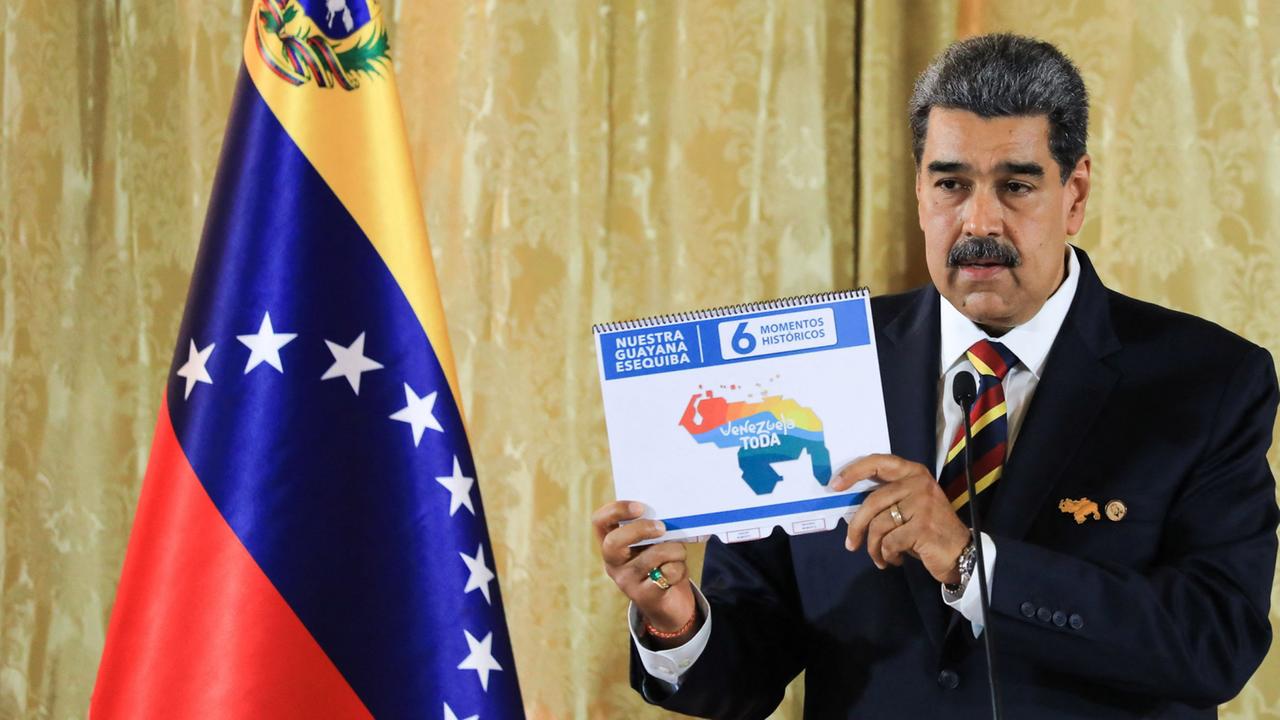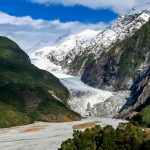The Essequibo region is part of Guyana. But since oil deposits were discovered there, Venezuela has claimed them as its own. Now ruler Maduro has passed a law that will make the area a Venezuelan federal state.
Venezuelan President Nicolás Maduro has passed a law that will turn the oil-rich Essequibo region of neighboring Guyana into a new Venezuelan federal state. “The decision that the Venezuelan people made in the referendum will be fulfilled in all parts. With this law we will defend Venezuela on the international stage,” Maduro said in Caracas.
Controversial referendum
At the beginning of December, ruler Maduro held a controversial referendum in Venezuela in which, according to official information, 96 percent of the participants were in favor of joining “Guyana Esequiba” as a Venezuelan federal state. The law will now create the 24th federal state “within the territorial policy” of Venezuela, the presidential palace said.
The population of this area will then also be represented by one representative in Venezuela's next parliament, which will be elected in 2025. The law also provides for “the provision and formation of a State and National High Commission for the Defense of Guiana Esequiba.” This is again raising fears that Venezuela could invade the region and trigger a war.
Current boundaries unchanged for 125 years
The dispute over territory claimed by Venezuela in western Guyana appeared to have calmed down recently after both presidents shook hands and exchanged gifts at a summit of Latin American and Caribbean countries a month ago. “Peace and love,” Maduro told his counterpart Irfaan Ali.
Venezuela has long laid claim to the resource-rich area, which covers about two-thirds of its neighboring country. The current boundaries were established in 1899 in an arbitration award from a tribunal in Paris, initiated by the USA and Great Britain. Venezuela relies on an agreement with the United Kingdom from 1966 – a few months before the then colony of British Guiana became independent. This provided for a negotiated solution to the dispute.
Awaken oil deposits desires
The International Court of Justice (ICJ) is dealing with the case at Guyana's request, but Venezuela rejects its jurisdiction – and has also anchored this in the law that has now been passed. Immense oil deposits were discovered off Guyana's coast in 2015. This has now given the English-speaking country – previously one of the poorest in South America – the greatest economic growth in the world.




